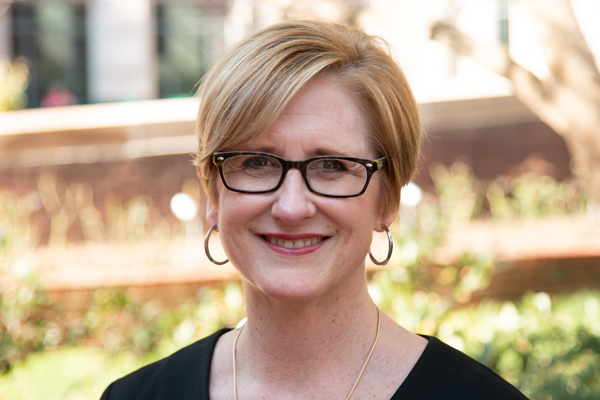What’s not to love about Easter? Blossoms everywhere and hallelujahs hanging in
the air like pastel cherubs. All that resurrection radiance pouring into our Lent-weary lives. Who wouldn’t want to sprint to the empty tomb?
But sometimes a gift is given in the dreary moment. The heavy sigh. A poet whose
work I have come to love, Tom Hennen, puts it this way:
It’s easy to love a deer
But try to care about bugs and scrawny trees
Love the puddle of lukewarm water
From last week’s rain.
Leave the mountains alone for now.
Also the clear lakes surrounded by pines.
People are lined up to admire them.
Get close to the things that slide away in the dark.
Be grateful even for the boredom
That sometimes seems to involve the whole world.
Think of the frost
That will crack our bones eventually.1
Until I was in my mid-twenties, the Baptist churches I belonged to bypassed Holy
Week altogether. On Palm Sunday we’d sing Hosanna! at the beginning of worship
and The Old Rugged Cross at the end, then go home and start planning the menu for
Easter dinner.
But those who are willing to postpone singing Christ the Lord Is Risen Today long
enough to experience the gathering gloom of Holy Week will find God whispering in
the darkness: “I am here for you.” This week I invite you to trace with me the steps of
Jesus in his darkest hours. I promise that your alleluias will be all the sweeter come
Resurrection Sunday.
Lingering awhile,






























